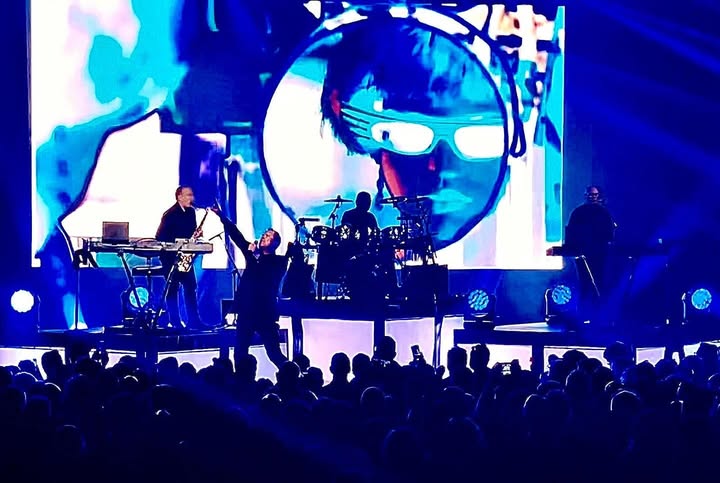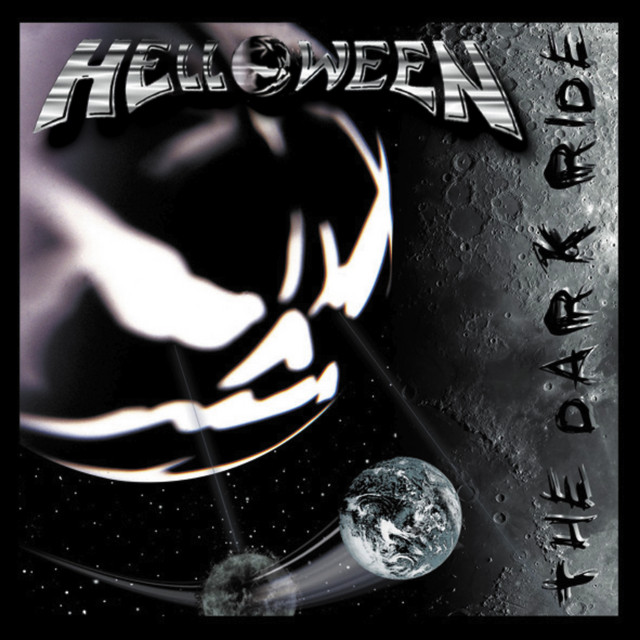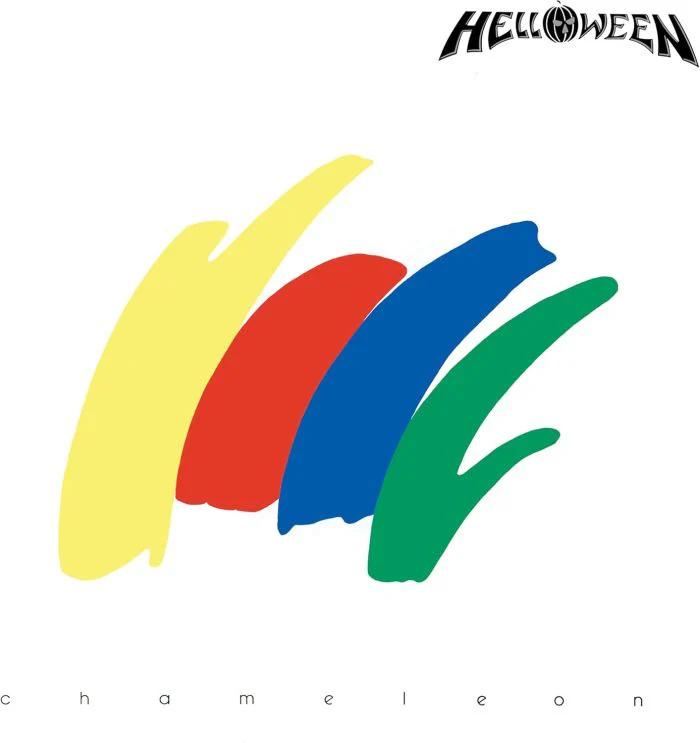
Off I go to see Orchestral Maneuvers in the Dark at Sydney’s Enmore Theater. No. You can’t come. “Off I go” was a rhetorical flourish. I am not going anywhere. I already went and came back and the show already happened and is over…What, you’re already halfway there? Walking? In the rain? How inconvenient.
Question: What makes live music worth experiencing? Versus, say, listening to a better-recorded version of those same songs in your living room along with enticements as “you can change the volume to whatever you like” and “if you lustfully hurl your underwear in the direction of the singer’s voice you can retrieve and wear it afterward?”
Maybe it’s the energy. Maybe it’s the risk. You do not know what will happen at a live concert. You suspect and hope that a musical artist will play some songs, but even that is in the future, undecided and uncertain. Maybe they’ll walk onstage and shoot themselves in the head. Or you in the head. Maybe they’ll declare their newfound allegiance to the British National Party or show off pictures of themselves as AI-generated anime moe girls. The futures massed before us are legion and dark. Swifties get scalped for overprice tickets, but what they’re really paying for is knowledge.
Nothing so dramatic happened at 1,600-capacity Enmore Theater on February the 16th (where OMD played their second show of a two-night run). Instead, the risks I faced were of a more mundane stripe:
- I was told my “seating” is in the stalls at row 0 in “number 6”. I do not know what any of this means. As I walk in, I see six doors marked 1 to 6, and 6 is obstructed. I am told that I need to go through door 2 to get to “number 6”, which is logical. I don’t know why I didn’t think of that.
- I stood near the door, which was a mistake, as all night long people kept coming and going and I had to constantly side-eye the door for incoming traffic.
- The fiftieth time I checked the door, a young woman standing between me and it glared at me, eyes full of steel, and pointedly walked away. I realized later that she probably thought I was trying to stare down the front of her blouse.
- I stood behind a 6’6 man who was constantly coughing and sneezing.
In all, I would liken my experience to the Holocaust.
People will say I am overdramatizing, but I’m sure you’ll agree that my experience had chilling parallels with, say, Auschwitz. I rode a train. I was stamped on the wrist with a number. I was herded like cattle into an area. I was exposed to typhoid. I am currently writing a blog post that is sort of like a diary. I had to listen to an 80s British synthpop band. Really, the Holocaust similarities just keep on coming. I am a survivor. I beheld Eli Wiesel’s night firsthand.
Orchestral Maneuvers in the Dark were sensational live. It was their first Australian tour since (I believe) the mid-80s. Singer Andy McClusky was six weeks removed from throat cancer. They filled the Enmore like an overflowing chalice with sound for two hours. Luminous rivers of sound.
This may not be the last time they set foot on Australia’s beaches (that part is undecided), but they absolutely played like it was.
Orchestral Maneuvers in the Dark
…are an experimental electronic synthpop group from Merseyside (est 1978) by primary school friends Paul Humphreys and Andy McCluskey.
Their music is cold, austere, and history-haunted. Whereas a synthpop band like Tears for Fears is markedly internal (dealing with pain and mental illness), OMD’s most famous material is overtly external, dealing in world affairs and using them as metaphors for concerns of the heart.
They wrote songs about antiquated technology—telegraphs, dynamos, and steam locomotives. When they get touchy feely about a girl, it’s generally mediated through some cultural figure, like Joan of Arc, or Nicola Tesla, or Louise Brooks. Their album covers tend to be minimal, fussy pieces of Vorticist art. You get the sense that world culture could have stopped in 1940 and OMD’s entire career could still have happened.
The track their career launchpadded off—the John Peel-boosted “Electricity”—picks at social waste and overconsumption. But they had no solutions. They were more historians than sloganeers. They were not a particularly political band, unless in the sense that existence is political. “Enola Gay” is about whether a mother should feel proud of her Little Boy. The song does not take a strong stand on the issue. The man who flew the plain was told that if he did not drop the bomb, a ground invasion would kill five million surplus people. Was this ever true? It’s unclear. A trolley problem where the train and tracks are shrouded in fog. But the bomb still fell.
Musically, their early albums have an appealing lightness and lack of substance. They wisp. They drift. Even a raging pop monster like “Enola Gay” sounds like it was transmitted from some far-away station in some bleak battle-zone, corrupted and distorted by the huge gulphs of air it’s winging through. A track like “The Messerschmidt Twins” almost feels risky to listen to—like the song will break like a Seville vase if you do.
The defining OMD album, Architecture and Morality, has a lovely haunted fragility, full of scratches and dirt and swirls of Mellotron ambience. It’s big—with conceptual dance pieces and 3/4 waltz and lavish experiments—yet also very small. The kick drum remains as an anchor to postmodernism, and sometimes it seems to be thumping alone, a heartbeat with nothing to beat against. Only the dark.
A band as frail as OMD has the disadvantage that they can easily be blown over by dominant market trends. German bands like Kraftwerk were their defining influence in the 70s. Tracking forward through their discography, you can see various trends come and go. There’s the detuned snare sound of Bowie’s Low is replaced by the massive noisegated crash of imperial-period Duran Duran. Fairlight CMI synthesizer appear in their middle years (when they enjoyed a short-lived commercial breakthrough in the US). They doggedly kept the “Glitter beat” in service well after its sell-by date on tracks like “Sailing the Seven Seas”. Then, in their later years, they lost identity, lost popularity, and lost their way.
At their biggest they were successful, but not too successful. Their label joked that they were band that “sold gold and returned platinum”—referring to unsold copies of their experimental Dazzle Ships album that were returned from retailers. They never fit in. Their early albums would have sounded very commercial to any cluey fan of German space rock. They were a bit too energetic, muscular, and working-class to pull off the Spandau Ballet-style sophisti-pop they tried later. In a shabby, genteel way, they wear outsider status well.
McCluskey and Humphreys have a kind of “Matt Parker and Trey Stone” relationship. Most of the famous OMD songs were written by McCluskey. He is a far more present member of the band, performing for the press and falooting around on stage (while Humphreys tends to stay behind his wall of synthesizers). But the albums released after Humphreys quit in the 90s are universally seen as the band’s worst. Whatever he does, it seems incredibly important that he remain in OMD.
The Show
I got there at about 7:30pm.
The opening band, The Underground Lovers (Moda Discoteca), was half-finished with their set. They seemed like a loud psychedelic dance group, projecting freaked-out fuzz over the Enmore. The guitarist had an Orange amplifier. No doubt there was a Boss HM2 pedal or two on stage. I did not form an opinion on them one way or the other.
Then OMD took the stage.
After the pre-recorded track “Evolution Of Species”, they took the stage to thunderous applause, then launched into “Anthropocene”, the lead track to their new album Bauhaus Staircase.
Andy McClusky bounced around on stage in fine, effervescent form. He called out a man in the front row who wore a Fender bass T-shirt and was (apparently) miming along to the bass parts to every song. He exchanged banter with Paul Humphries. He made us wave our hands. He started the wrong song and then laughed about it.
Over two hours, we got through an enormous amount of OMD’s back catalog (certainly, most of the parts that are seen as good). The one omission was Dazzle Ships, which wasn’t a glaring omission. It has its fans, but it’s not full of songs the proverbial mailman whistles. It would have been nice to hear “Telegram” though.
This was my chance to hear classics like “Secret” and “So In Love” in a new way – loose, dreamy pieces took on a new weight and life when they reverberated against 1,600 bodies, backed by loud modern kick drums. Fluttery weightless birds reborn as huge phoenixes. “Enola Gay” always seemed a bit depthless on record but landed like a bomb live.
The tracks off Junk Culture remained loud and gaudy. “Tesla Girls” is one of the band’s great songs, whether live or dead. Just an incredible workhorse of a dance track. A song like “Locomotion” never really clicked for me when experienced in .mp3 form, but made a lot more sense with the crowd singing along.
The “Joan of Arc” / “Joan of Arc (Maid of Orleans)” duology is one of my favorite songs, and the canonical OMD track for me. It was wonderful to hear it live. McCluskey is an atheist but effortlessly conjured a kind of suffusive religious awe.
Although the band was obviously playing to a heavy backing track, they do have live drums. The band’s most famous drummer, Malcolm Holmes, is sadly not in touring condition a the moment. In his place was Stuart Kershaw, playing the (often surprisingly strenuous) drum parts. Show-closer “Electricity” has a very quick eighth-note hi-hat beat—his wrist was whipping so fast it blurred into a solid streak of light under the stage lights.
They even dug a track or two out of the fraught Humphriesless period. “Sailing the Seven Seas” was pitched a bit high for McClusky’s throat, and he asked for the crowd to sing loudly to the chorus. They didn’t do “Walking on the Milky Way”, which famously killed the band. McClusky pulled out all the stops writing it, and when it failed to make a commercial impression he took it as a sign that the band was now truly finished. Within a few years, he was Svengali’ing a girl group.
They played quite a few tracks from their new album, Bauhaus Staircase. “Anthropocene”. “Verushka”. “Look at You Now”. “Pandora’s Box.” I have to be honest: have not listened to this album. The song did not make an impression, but maybe for the same reason The Underground Lovers also didn’t: because I lacked a context for it. Opinion to come.
After a three-song encore, we left. I immediately reaped the reward. I rode the train back. I thought about what I had seen. I do not expect to see OMD again, and if I do, it may not have all of the same members I saw tonight. They’ve lost their drummer. Who knows who’s next?
The screen behind them played a selection of music videos and other assorted footage. They had stacks of synthesizers and samplers with them on stage—at one point Humphries had to explain to McClusky how to work some bit of signaling or patching. The band is manna to the “40-60 year old audio engineer demographic”. Every time the lights swept out over the crowd, hundreds of bald middle-aged scalps gleamed.
Despite McCluskey’s infinite reserves of energy, the band also seemed very old. Hunched over their synths, the effect was weirdly poignant: like withered old men, sucked of vitality by terrifying mountains of silicon that were lifeless but also ageless. But they were no older than a good whack of their audience, and the rest will get there in time.
Maybe this is where the interest in history comes through. At the end of the day, the only way to escape death is to flow out of your body and into the books, the cenotaphs, the records. Into an afterlife that is a date and a footnote. Heaven knows the recipe.


